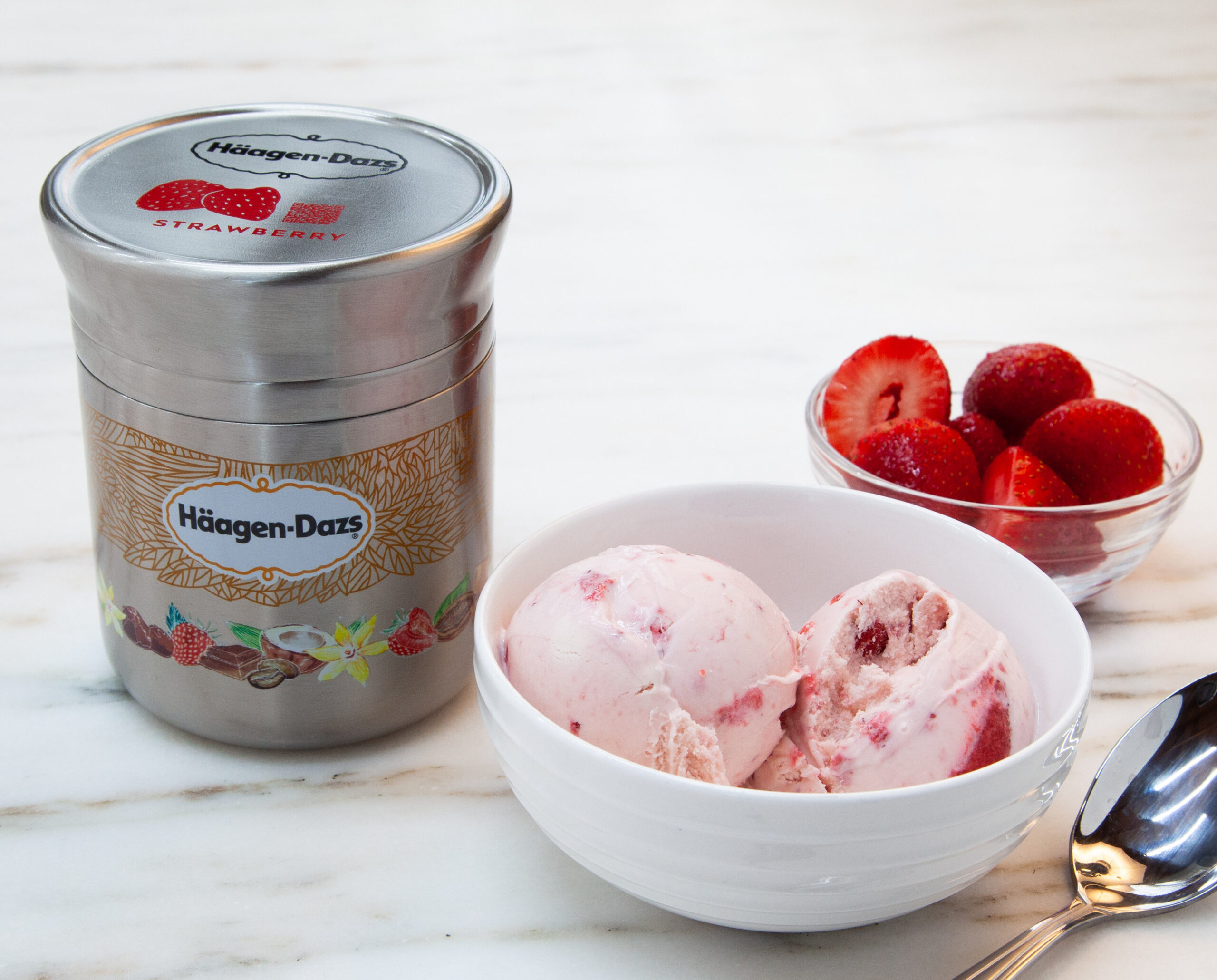Global food giant Nestlé is stepping up its efforts to fight iron deficiency around the world with the acquisition of a new technology from researchers in New Zealand.
The technology called, FERRI PRO, was created by Massey University researchers at the Riddet Institute Centre of Research Excellence and works by adding iron to food without negatively impacting its taste or texture.
Iron is critical for producing hemoglobin, a protein that helps red blood cells deliver oxygen throughout your body. In its absence, your tissues and muscles won’t get enough oxygen to work effectively, which could lead to a condition called anemia.
“The technology was developed to help to address the world’s most important nutritional deficiency, with over 1.6 billion people suffering from iron deficiency anaemia,” said Riddet Institute director, Distinguished Professor Harjinder Singh, who led the research team.
In severe cases, iron deficiency anemia can also lead to death. In 2015 anemia due to iron deficiency resulted in about 54,000 deaths, according to a study published in the US National Library of Medicine National Institutes of Health.
Massey Vice-Chancellor Professor Jan Thomas says Nestlé can make a positive impact on world health by utilizing this technology: “Anemia effects 25-30 percent of the population, and about half the cases are due to iron deficiency. Nestlé are in an unparalleled position to fortify foods with FERRI PRO to enhance the health and well-being of millions of people.”
Nestlé is the world’s largest global food brand and has over 2,000 brands ranging from baby formulas to chocolate bars to pet foods.
“At Nestlé we believe that we have a key role to play in support of global efforts to tackle the burden of micronutrient deficiencies,” said Petra Klassen Wigger, head of nutrition, health and wellness at Nestlé. “Through this collaboration with Massey University, we will have access to an innovative technology that enables us to effectively fortify our foods and beverages without compromising the quality and taste.”
The project initially began at the university six years ago with the goal of creating a new source of iron. Instead, they created technology that was able to add iron to food without affecting its palatability.
“But our goal was to not only address iron deficiency, but address it without impacting the product quality. So, we developed a novel protein-iron complex using food-grade materials and a unique processing method,” said Singh. “The complex has substantially superior functionality compared with other products in the market. It provides advantages over other sources of iron present in foods, including ferrous sulphate, the recognized leading iron supplement.”
Researchers are optimistic that the deal could lead to a long-term relationship with Nestlé, however, the company hasn’t said which food products the technology would be used on.












Join or login to leave a comment
JOIN LOGIN